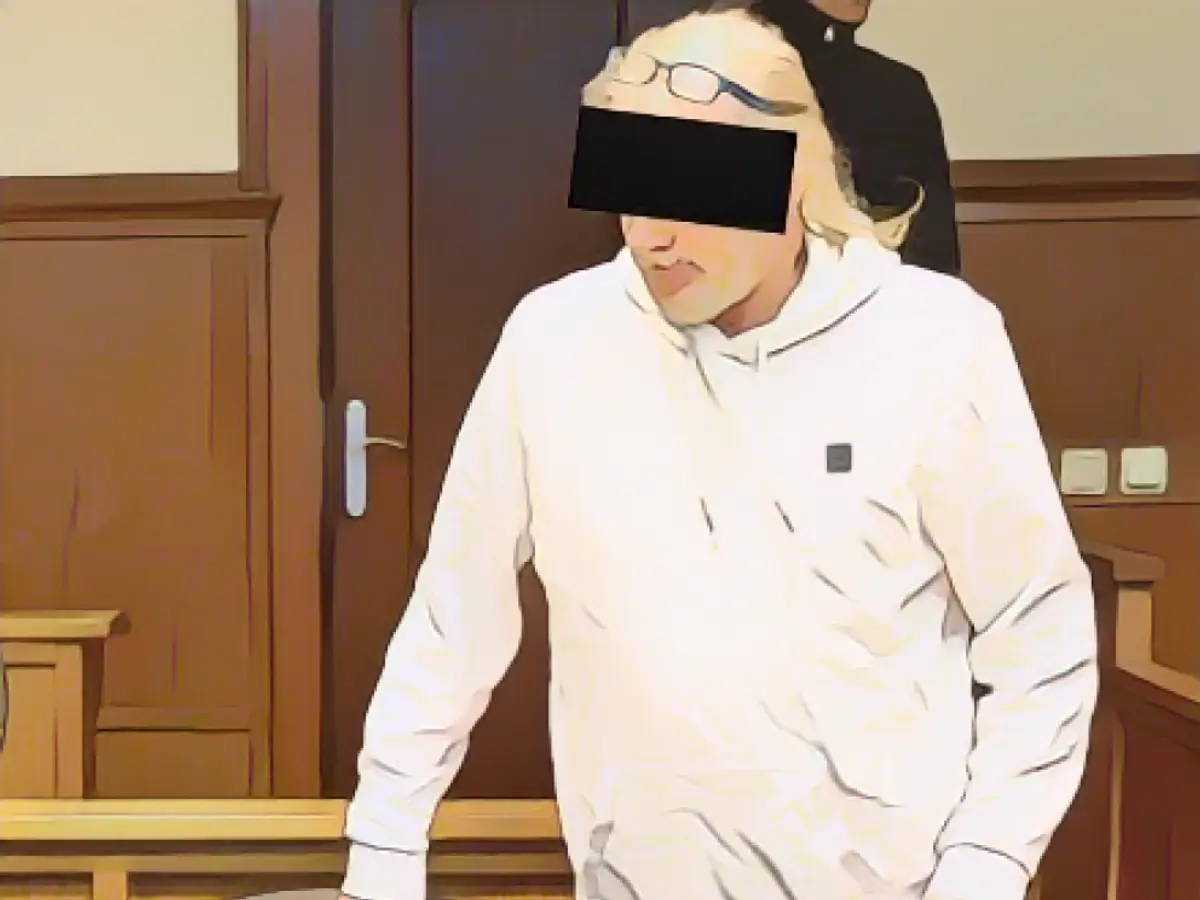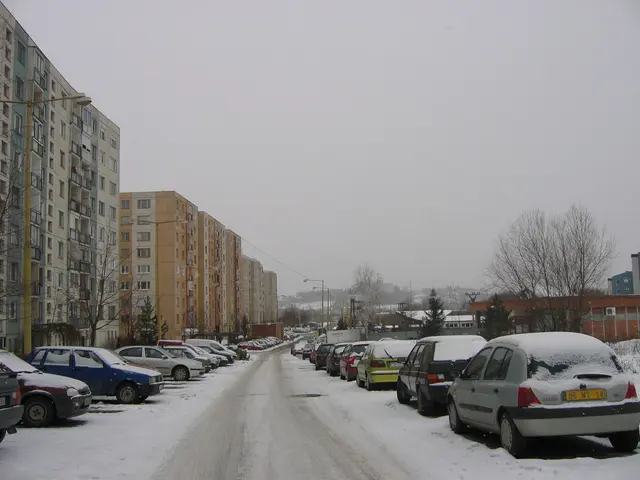Title: Couple Charged with Forcing Woman into Prostitution
In the town of Saarbrücken, Horst-Peter K., aged 64, and Ramona W., 43, are standing trial at the District Court for coercing a 25-year-old woman into engaging in sexual acts with strangers. K., with a criminal past that included serving 15 years in prison for murder in the 80s and 90s, connected with the young woman through an online personal ad. Believing she was in a loving relationship, the woman willingly joined K., only to later find herself being exploited and forced into the sex trade.
According to the public prosecutor's office, the woman was coerced into offering her services to strangers via love-bearing tactics and later through threats. The couple deceived her, telling her that the money received was intended for her driving license expenses, but instead spent it on their own lifestyle. The victim was subjected to crude sexual practices, and if she resisted, K. allegedly threatened her.
The 25-year-old woman reached her breaking point and reported the situation to the police. During the trial, K. and W. confessed to the allegations, preventing the victim from testifying due to her post-traumatic stress disorder following the ordeal. As a result, the court is considering sentencing K. to a maximum of three and a half years in prison, while W. may receive a maximum two-year suspended sentence.
Notably, the trial began with a delay, as a psychiatrist responsible for providing a report failed to present it on the opening day.
Related Articles
Background
In cases of forced prostitution and human trafficking, Germany offers a comprehensive legislative framework and support services to address these issues.
Germany's Prostitution Protection Act (Prostitutionschutzgesetz) regulates the industry, stipulating rights for sex workers, such as access to health care and social services. Anti-trafficking laws, such as the Act on Combating Trafficking in Human Beings (Gesetz zur Bekämpfung der Menschenhandel und zur Änderung weiterer Vorschriften), aim to prevent and punish human trafficking crimes, including forced prostitution.
When victims of human trafficking or forced prostitution are identified, they can turn to local shelters and support centers for care, counseling, medical attention, and assistance in leaving the sex trade. Additionally, organizations like the German Federal Office for Migration and Refugees (BAMF) and the German Federal Ministry of the Interior, Building and Community (BMI) operate hotlines and helplines to report suspected human trafficking cases and provide support to victims. Furthermore, legal assistance options, such as the German Federal Bar Association (Deutscher Anwaltverein) and specialized NGOs, are available to help victims navigate the court system.
In conclusion, the Horst-Peter K. and Ramona W. case highlights the importance of addressing forced prostitution and the protective measures that German law and organizations provide for victims of human trafficking and forced prostitution.




